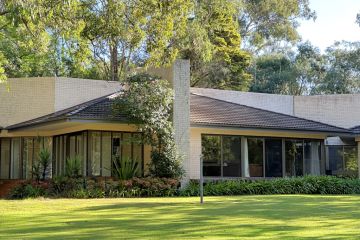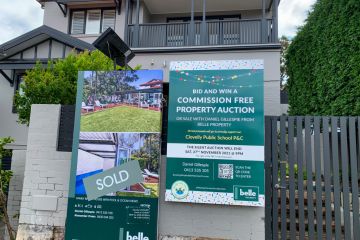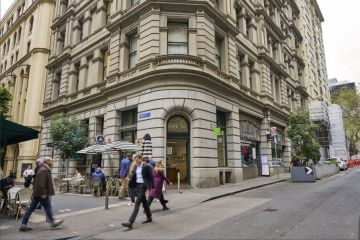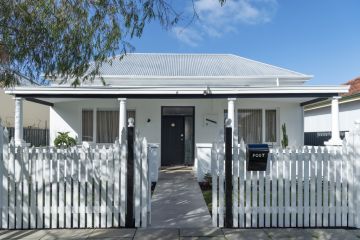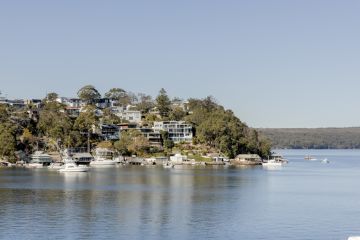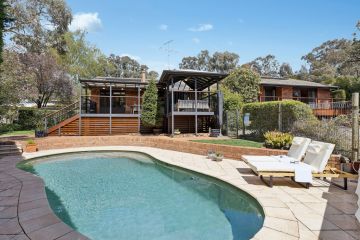Rhiannon Tracey on the runway for Melbourne Fashion Week 2021
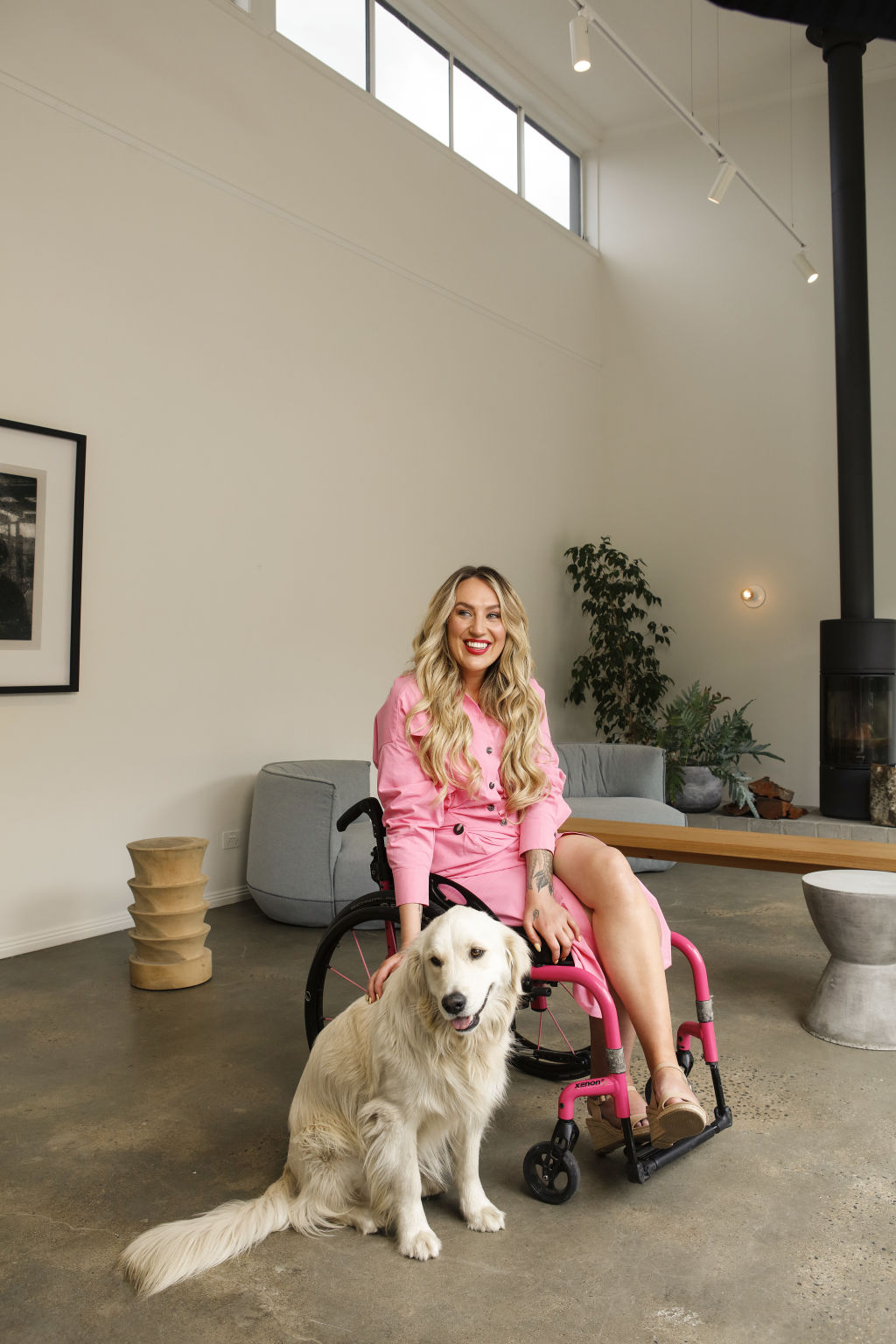
When disability advocate Rhiannon Tracey, 32, was asked to join this year’s Melbourne Fashion Week Plaza Ballroom runway wearing couture in her wheelchair, she didn’t hesitate to get involved.
“It feels so damn good to be included; that is the biggest win for the disability community,” says Tracey, who became a quadriplegic after a swimming accident in Bali 12 years ago – just months before her 21st birthday. She’s worked hard ever since to help those living with disabilities to be seen, heard and treated equally.
“It took having a disability myself to make me more aware of the gaps that exist for people like us across fashion, television, influencers and public speaking roles,” Tracey says.
In adapting to a new way of life since her spinal injury, Rhiannon has found her niche as an advocate and is pushing for change.
The return of Melbourne Fashion Week this November is the first major event to come back to the CBD, showcasing fashion on a diverse platform. It’s about embracing inclusivity on runways featuring non-binary and First Nations models as well as those with disabilities.
Runways will take over iconic sites like the Regent Plaza Ballroom for the first time, a pop-up runway will appear at Federation Square, an underground MCG car park will be converted into a runway, and the Sea Life Melbourne Aquarium will provide another backdrop.
The much-loved Secret Garden Runway Presented by Vogue at Gardens House in the Royal Botanic Gardens is where nature and fashion will come together in an open-air event.
“It is a celebration of Melbourne opening up,” Melbourne lord mayor Sally Capp says.
“It’s about people being able to come together again for a major event.”
The focus is on local Melbourne designers, with many other Aussie brands showcased, too. And the lord mayor hopes it will also give city retailers a much-needed boost.
“This is where we really get to test the runway to retail model,” Capp says.
“It’s where you sit and watch a fashion show and gasp thinking ‘I love that and I want to buy it’. We care about fashion in Melbourne; we are aware of slow fashion, we question the status quo, we want inclusivity, we ask questions behind greenwashing. The event is about driving visitation to Melbourne and will help our retailers get back on their feet.”
When it comes to fashion labels, Tracey is constantly on the lookout for brands that make it easy to access zips [from the front is preferred] and buttonholes on jeans large enough for hands that have lost their dexterity.
Being wheelchair-bound means those who want to access fashion usually need to go up a size for extra room and comfort when sitting down. Tracey does want the option to wear bodycon dresses and loves leather skirts and blazers. Some days she opts for bohemian chic, and on others, she wants to wear skinny leg jeans.
“I have learned to love the body I am in and make it work for me,” she says.
The ticketed Plaza Ballroom Runway on November 15 will feature brands including Acler, Camilla, Misha, Jason Grech and Nicola Finetti, and designer Dom Bagnato and Tracey will wear several looks from some of these Australian brands.
“We wear clothes, we wear make-up and do all the human things that others do,” Tracey says.
“Twelve years ago, there wasn’t anybody that I was aware of who was advocating for inclusion. I come from a long line of determined women in my family, so I put myself to even greater use and really took to advocating once I got injured. There’s a lot of red tape around; you have to be strong to navigate things.
“Some days, I get exhausted from all the work I do, but I wanted to be that person who women and men with disabilities could go to and ask how do we get this, what brands cater for somebody like us? A lot more needs to be done, but a lot has happened in the past 10 years too.
She says it’s thanks to Generation Y and Z, who have put their disability rights at the forefront of social conversations. Social media is another great platform to see how much work is happening behind the scenes.
“It’s one thing to be included in fashion runway, but there is so much more to inclusion than clothes,” says Tracey, who has more than 22,500 followers on her Instagram page, which is called MyWheelLife.
“It comes down to considering if spaces are possible to enter, how far are the disabled toilets located from a fashion show and do the brands make clothing that considers those of us who aren’t the mainstream.”
Her own rehabilitation saw her take many trips to the United States, which was made possible thanks to family fundraising on her behalf and re-mortgaging their home twice.
In 2013, she opened The Next Step SCI Recovery in Epping – a Melbourne based spinal cord injury centre that helps those with neurological disorders achieve their goals.
“We all want to walk again, but it’s not a reality for everyone,” Tracey says.
“Walking is the least of my priorities now, and I physically do more things now than I ever did. I can get up and make breakfast; I can jump in my car and walk my dog. I created this facility to help others. Everybody has a next step in life, and it was about turning my pain into purpose. I wanted a place to exist that wasn’t there when I needed it. Nothing like what I created even existed.”
Adding to the inclusivity conversation are free online events called MFW Conversations. Also on the schedule is Does Visibility Equal Power featuring LGBTQIA activist and stylist Deni Todorovic, model and advocate for accessibility Lisa Cox, creative director Tarik Houchar from Hijab House and agent Chelsea Bonner from Bella Management.
Also on the agenda is Shifting Fashion’s Status Quo with Vogue editor Edwina McCann, acting chief executive of the Australia Fashion Council Kellie Hush, and Melbourne designer Margie Woods of Viktoria & Woods, looking at the global upheavals and what it means for fashion in 2022 and beyond.
Melbourne Fashion Week runs from November 15 to 21.
We recommend
States
Capital Cities
Capital Cities - Rentals
Popular Areas
Allhomes
More
